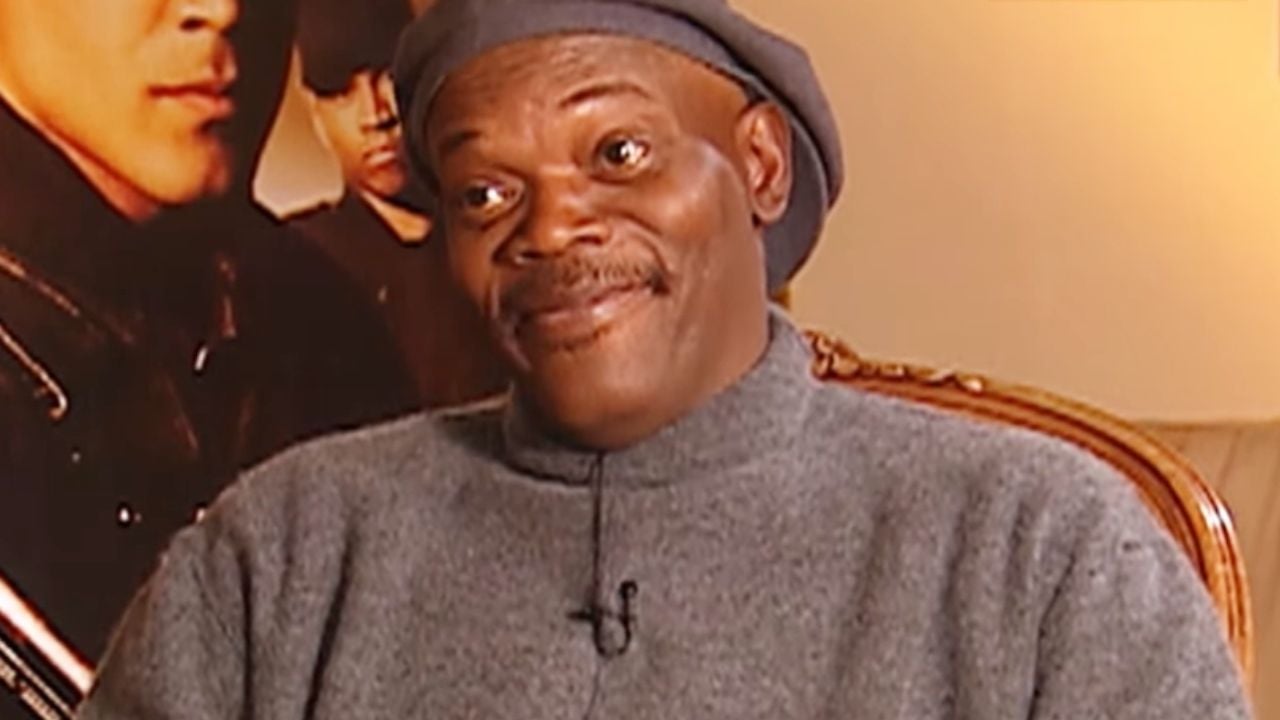Nominated for the 2024 Oscar for Best Film, American Fiction humorously exposes racial hypocrisies in the literary world
Not all directors can boast of having their first work nominated for an Oscar as best film. Cord Jefferson, however, is one of these professionals, since after a long career in TV, the journalist managed to score the soundtrack of his first film, American fictionin no fewer than five categories of Oscars 2024.
- Nominated for an Oscar, American Fiction arrives on Prime Video as a surprise
- Past Life Review | A film about everything we could have been
Nominated for Best Picture, Best Adapted Screenplay, Best Actor (Jeffrey Wright), Best Supporting Actor (Sterling K. Brown), and Best Original Score. American fiction It is proof that cinema goes far beyond beautiful images and that a good film can also be made from a well-developed argument.
The stereotypes of the literary market
Based on the book Cancellation, by Percival Everett, the title tells the story of Thelonious Ellison, or simply Monk, a very intelligent writer and professor who has been unable to publish books for years. According to his agent, it is not that Monk writes badly, but rather that his works are “not black enough” for the literary market.
Although he has deep and well-written lyrics, Monk, an African American, is not the kind of writer who writes caricatured black characters. Which, according to him, are characters with stories always linked to a tragedy, involving crime, slavery or murder by the police.
While he knows many of these stories are true, Monk is tired of seeing people of color reduced to this. Or, as he puts it, he’s tired of “stories for white editors who have fetishes for black trauma.”

Irritated by this situation – and by the hypocrisy of the literary market, which only rewards black authors who write this type of stories – the professor then decides to write an extremely caricatured work, which provokes publishers and unmasks these stereotypes.
The problem is that the joke, of course, has the opposite effect and Monk, who is going through complicated family problems and desperately needs money to pay for his mother’s treatment, receives a millionaire offer to publish the book.
Torn, albeit under a pseudonym, between profiting from what he considers the greatest rubbish he has ever written in his life or deceiving people – who imagine the author as someone very different -, Monk finds himself in a conflict of conscience , which torments him and makes him increasingly indignant towards American literature.
Humor and drama alternate throughout the film

With great humor and incredible dialogue (which occurs both in the dramatic moments of the film and in the absurd conversations between Monk and characters in the literary market), American fiction satirizes this situation and the “boxes” that black authors and their characters must submit to.
However, all these ironic moments in the film go hand in hand with the writer’s personal and dramatic story, which is gradually presented to the public together with his family members.
A member of a unique and very complicated African-American family, Monk experiences his own family tragedy, very different from those depicted in best-selling books. Still wounded by his father’s suicide, he finds himself having to deal with the death of another loved one and, as if that wasn’t enough, having to deal with his mother’s Alzheimer’s attacks and the “rebellion” of his brother, who experiences a explosion of freedom after coming out as gay.
This set of problems greatly affects the writer, who after years away decides to get closer to his family. And, in what is an important construction for us to understand his motivations, we also begin to see in them the plurality of tastes, stories and experiences that he seeks in black characters in literature.

The plot has complex characters
In addition to the impeccable performance of Jeffrey Wright (Westworld), which gives life to a Monk who is almost always grumpy and irritated with everything and everyone, American fiction It also has a formidable cast of actors, who bring life and complexity to its characters.
Adam Brody (The OC – A Stranger in Paradise) and Erika Alexander (Living single), in particular, give a very interesting touch to the narrative, even if John Ortiz (Justice) and Issa Rae (Barbie) shine as literary agent Arthur and successful writer Sintara Golden.
The centerpiece of the plot, however, goes to Sterling K. Brown (this is us), which lives up to his nomination for best supporting actor at the Oscars and gives life to Cliff, Monk’s brother who has just ended a heterosexual marriage, after coming to terms with his homosexuality.
Complex and layered, Cliff is in a time of change as he tries to make the most of all the “lost years” of his life with an unrelenting thirst for freedom. This transformation produces valuable scenes, which sometimes lean towards drama and sometimes towards comedy, but always sound flawless in Brown’s hands.

Funny, satirical and with a story that is not there to provide answers, but rather to raise questions, American fiction It is truly one of the best films of 2023, as highlighted by the American Film Institute.
Even if it has a somewhat disappointing ending, its closure only follows the proposal of the plot, which is not there to fit into some “square”, as happens with the books criticized by Monk, but rather to provoke and make people reflect.
Trends on Canaltech:
- The video shows the construction of the Pharaonic city measuring 170 km in the desert
- NASA photos show an asteroid that passed close to Earth
- Leap year: understanding how it works and interesting facts
- The Theory of Relativity in everyday life: surprising examples
- An air leak discovered in the Russian module of the ISS
- X-Men features the two greatest mutants in Marvel history
Source: Terra
Rose James is a Gossipify movie and series reviewer known for her in-depth analysis and unique perspective on the latest releases. With a background in film studies, she provides engaging and informative reviews, and keeps readers up to date with industry trends and emerging talents.







